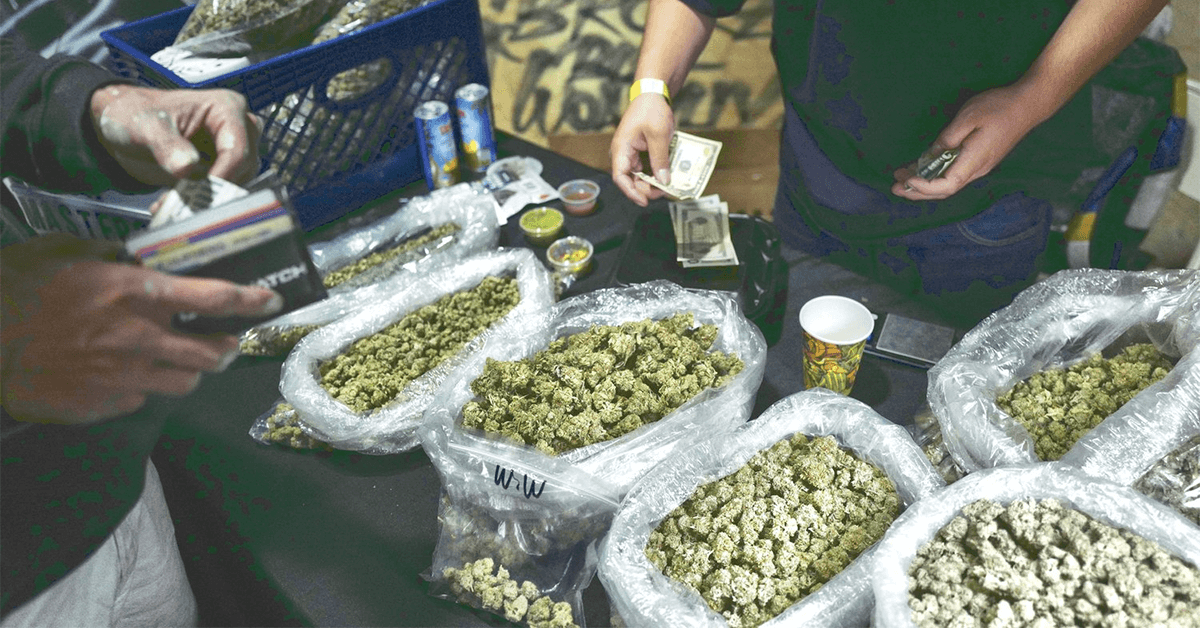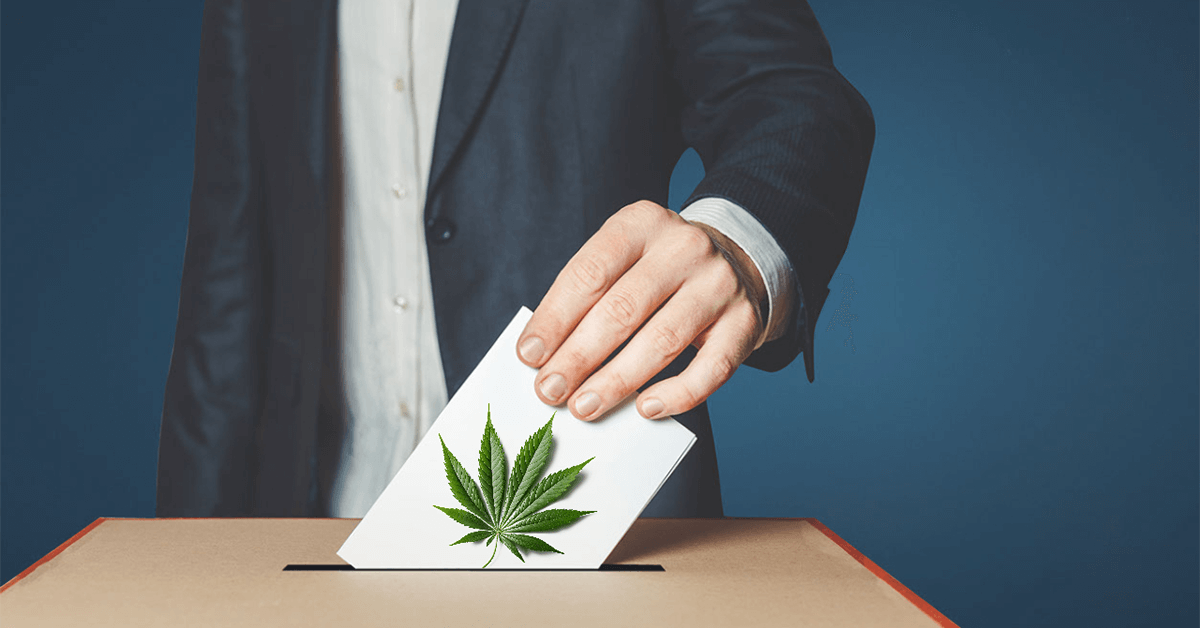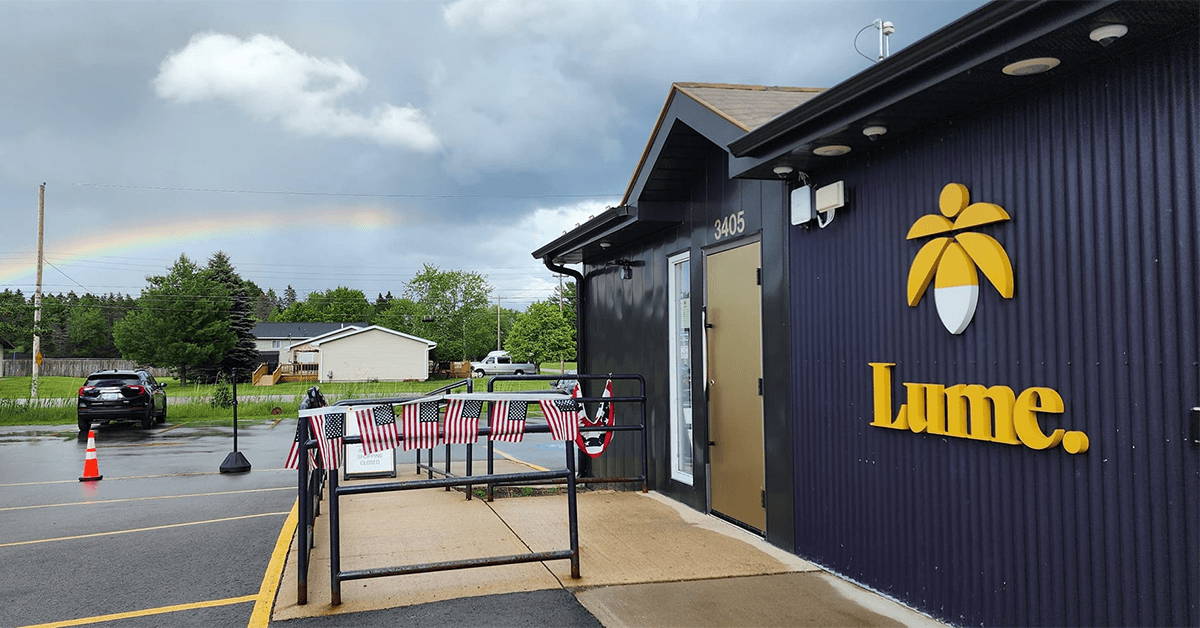Navigating Price and Quality Challenges in Michigan's Cannabis Market

In the burgeoning landscape of Michigan's legal cannabis market, a shift is noticeable from the days of caregiver-operated stores that championed the motto, "Good weed ain't cheap, and cheap weed ain't good." During the pre-legalization era, with around 90 retail stores in Lansing alone, the absence of regulatory barriers enabled a fiercely competitive environment. This often led retailers to slash prices, though not to the rock-bottom levels observed today.
Conversely, a segment of operators concentrated on enhancing product quality. These businesses invested in superior additives for cultivation, ensured plants were properly cured, and focused on critical quality indicators such as taste, terpene profiles, and overall effects. As is generally true, quality came at a higher cost. Unlike today's large-scale legal operators, caregivers worked on a smaller scale, somewhat cushioned by the lack of regulatory fees, yet they could not match the production output we see in the current market.
The state also experienced variable access to the market, driven by differing municipal enforcement levels against gray-market dispensaries. This variability allowed cities like Flint, Lansing, Detroit, and Traverse City to emerge as cannabis hubs without saturating the market, thus maintaining price stability that paralleled the traditional illicit market.
However, the landscape has drastically changed. The push for lower costs has initiated a "race to the bottom" in terms of both quality and price. Many producers now resort to using ozone or radiation to treat their cannabis, aiming to maximize profitability. Remarkably, during recent holiday sales, several retailers reported just breaking even.
This inequality in market access persists in the legal framework, as municipalities decide on the presence of cannabis businesses in their communities. Despite a greater number of retailers and a more even distribution across Michigan, the dynamics of market access have significantly evolved.
The rise of well-capitalized corporate entities has further transformed the market. These companies, driven by a quest for market share, are well-prepared for dramatic price fluctuations, spurred by an increase in cultivation capacity following legalization. Michigan's relatively laissez-faire approach to cannabis has enabled numerous operators to enter the cultivation arena, leading to an oversupply and intense competition for retail market share.
For consumers, this means lower prices—often below the cost of production—which, while increasing accessibility, raises questions about the long-term impacts on the market and community. Many small operators struggle to compete with these artificially low prices.
In the alcohol industry, Michigan has set minimum shelf prices, a measure that has supported the craft sector by stabilizing pricing against larger competitors. Growing voices within the cannabis industry suggest that a similar approach might be beneficial for cannabis, potentially curbing predatory pricing practices of large operators and fostering higher quality standards.
As discussions about introducing minimum pricing on cannabis gain traction, it could represent a significant step towards a more sustainable industry, benefiting both small and large operators and ensuring a diverse, quality product range for consumers. Even in the absence of such regulations, it is worthwhile for consumers to consider the broader implications of their purchasing choices within the cannabis market.
Share this article:
Spotted a typo, grammatical error, or a factual inaccuracy? Let us know - we're committed to correcting errors swiftly and accurately!








 Helpful Links
Helpful Links